On each episode, we ask our guests, “What does healing mean to you?” You can directly submit your responses here.
Recently, we reached out to our listeners to give their responses to the question:
Accepting your illness. Doing everything you can to help your illness. ~ Robin Patton Fleming. (Hartselle, Alabama)
It’s a process that never ends. ~ Jon Myers. (Columbus, Indiana)
Healing from mental illness means reluctant acceptance of the many changes and limitations. ~ Laura Pagliano. (Baltimore, Maryland)
To recover from, to put something right, to relieve. Something that will soothe, make better. ~ Deva Richey. (Indianapolis, Indiana)
Wholeness. The Greek word in the gospels for healing is also translated, “make whole.” Your faith has “made you whole.” ~ Jeff Fields. (Lexington, Kentucky)
Restoration of my independence which allows me to be more useful for the Kingdom. ~ Joshua Gerard Detwiler. (Glasgow, United Kingdom)
Ultimately, Heaven. For now, removal of affliction (or perhaps enabling to deal with it better.) ~ Mike Lee. (Salem, Oregon)
As someone who lives with epilepsy, healing is difficult to explain. My body has not been healed but my soul rejoices nonetheless. ~ Sarah Richey.
Healing is a process in which we come to re-member. ~ Robert Retherford. (Aztec, New Mexico)
Healing is a multi-step process. From the initial painful hurt onto the much more cathartic anger and then finally landing at not caring about what caused the initial injury. ~ Jaime Coffman. (Greenwood, Indiana)
Healing means peace. Well perhaps the end result is peace after healing. ~ Patti Lux Matthews. (Indianapolis, Indiana)
From my medical/health care mind-set it means to make whole again. ~ Kathy Hopkins Dile. (Indianapolis, Indiana)
Feeling whole and complete within myself. I find healing through forgiveness. I reach forgiveness always when given a sincere apology from others. ~ Angela Kurtz Ankney. (Franklin, Indiana)
Maybe healing means relief? Relief that someone is taking my problems seriously and wants to help me… ~ Amanda Irene Schultz. (Columbus, Indiana)
Dealing with brokenness in one’s life through prayer. After time, feeling at peace about the situation because the Lord gave you understanding about why that part of your life happened. It’s fighting on your knees against the Devil and letting him know that he does not, and will not, win! Sometimes it’s standing on your feet and speaking Truth out loud against the Devil, that helps us in the healing process. ~ Elizabeth Raduns. (Webster, New York)
I don’t know that you can always heal. Often scars are left behind. I think it’s coming to terms with a situation and developing coping skills to deal with the pain. ~ Jeanne Jordan. (Dale, Texas)
My wife’s touch is healing. Not in a dramatic and “laying on of hands” way but a simple gesture of care. ~ Craig Willers. (Ewa Beach, Hawaii)
Healing is both spiritual as well as physical. God is necessary in this process. I call on him for any type of healing. ~ Susie Harmon Johnson (Greenwood, Indiana)
When you feel that God is saying, I am with you no matter what the outcome. I will be with you every step of the way. Just have faith. It is the way. I know the best for you.
Ultimately, healing is about shalom. It is a movement (always and infinitely) toward union and communion with God that restores our hearts, minds, bodies, and souls. And then, works its way out into our relationship and into our communities, bringing healing and reconciliation. ~ Brandon Andress. (Columbus, Indiana)
Moving forward. Learning to accept me and grow the way God wants me to grow. It’s not always smooth or easy or comfortable, but I trust that God will walk with me regardless. Healing is a journey filled with questions, but not by yourself. The answers unfold as you go. ~ Jan Hoffman. (Fort Wayne, Indiana)
Healing is looking past the pain and seeing the future that God has planned for you. It doesn’t mean moving on. It means moving forward. ~ Marie Clyburn Pendleton. (Greenwood, Indiana)

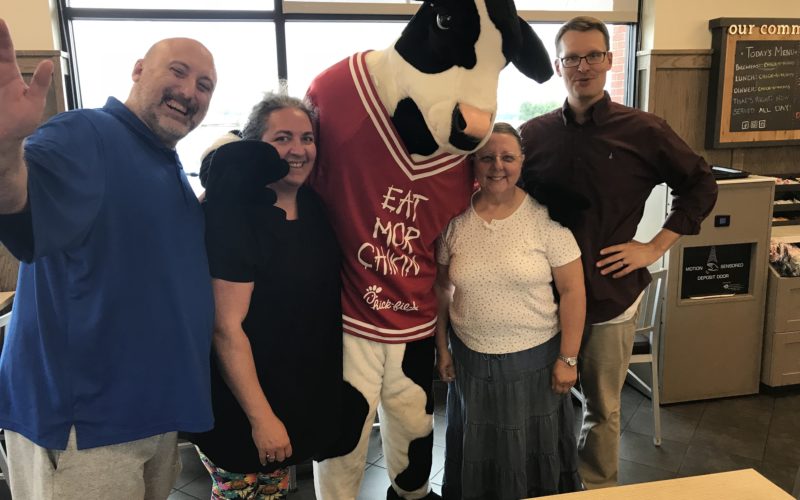
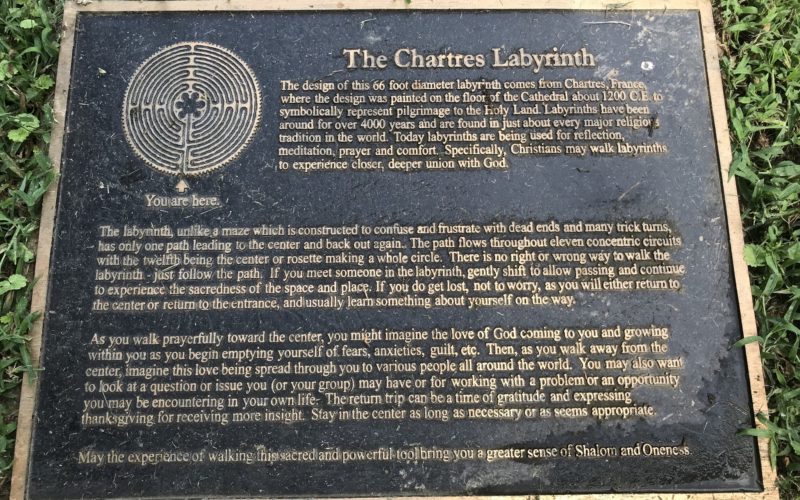
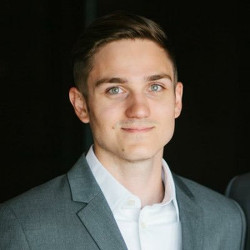
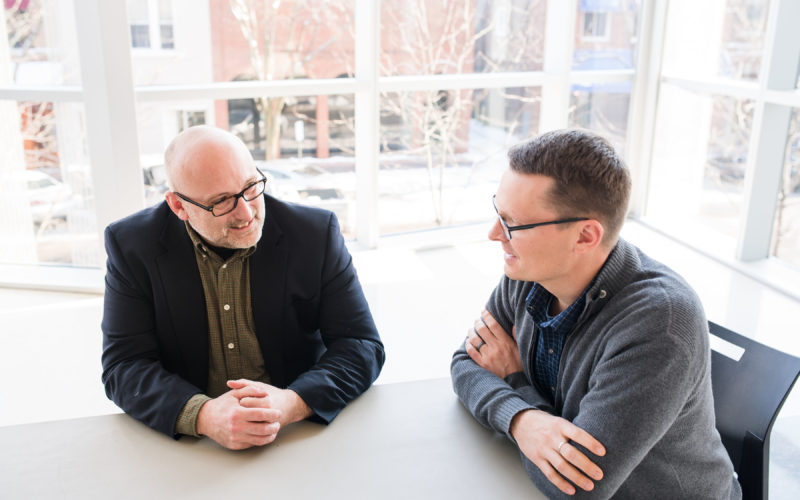
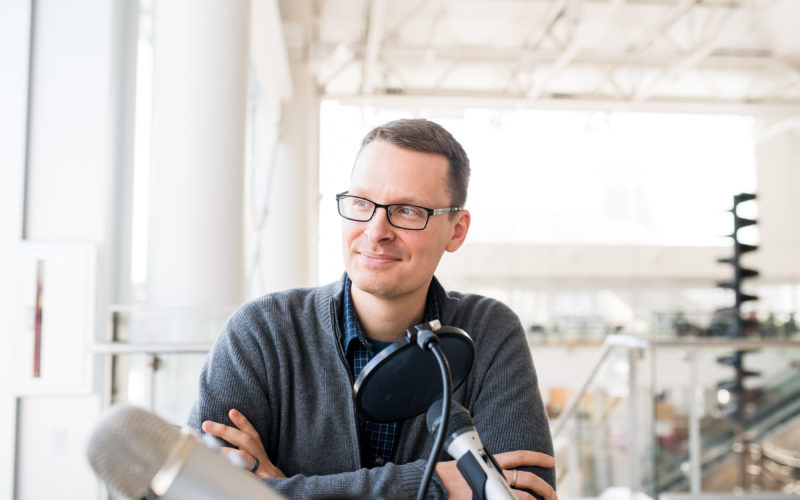

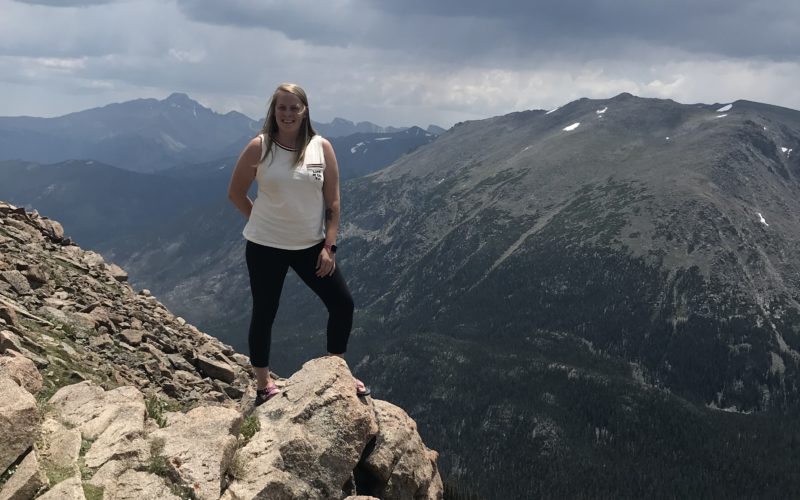

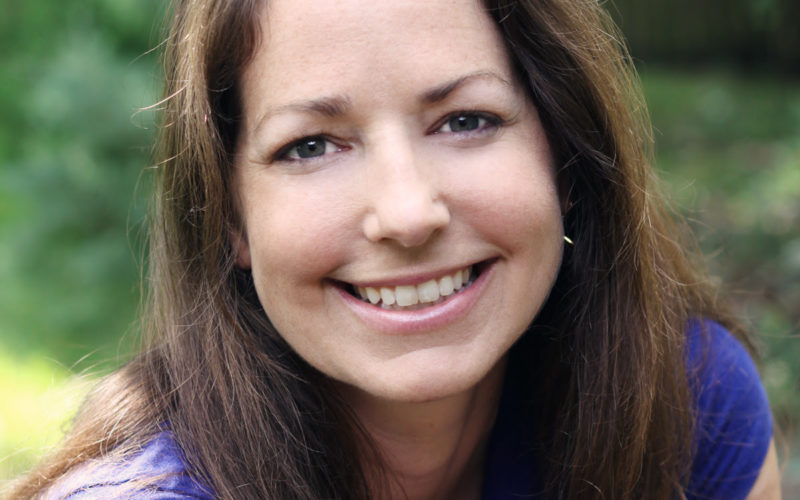
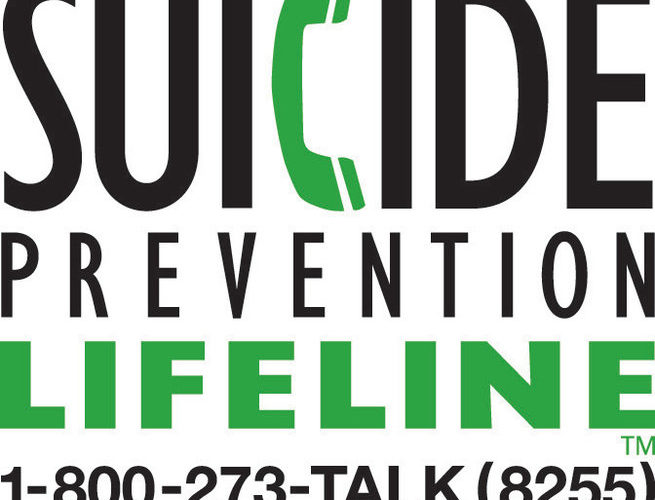
Recent Comments